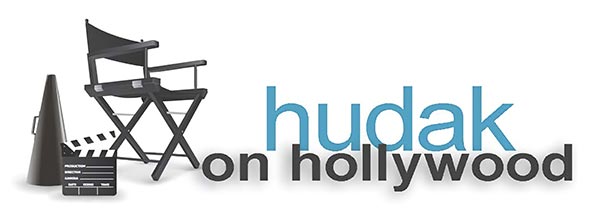Elizabeth Stice

Elizabeth Stice
History & Liberal Arts
Expertise:
World History, Art History
Available for in-person lectures in:
South FL, Everywhere
Available via Zoom?
Yes
To book Elizabeth, e-mail:
dan@hudakonhollywood.com
Elizabeth Stice is a full professor of history at Palm Beach Atlantic University in West Palm Beach, where she also serves as the Assistant Director of the Frederick M. Supper Honors Program. Her areas of expertise include modern European history, World War I, print culture, European imperialism, leadership, and the Great Books. She is the author of Empire Between the Lines: Imperial Culture in British and French Trench Newspapers of the Great War (2023). She is a regular contributor to multiple print and online publications for a broader audience, including Front Porch Republic, History News Network, Current, and Comment. An Army brat, Stice grew up all over, received a B.A. in humanities from Messiah University (2004), an M.A. in history from University of Hawai’i (2006), and a PhD in history from Emory University (2012). Her most recently published academic work is “Leading Like Lions: Junior Officers in the British Army during the First World War,” in the journal Leadership (August 2023).
Lectures include:
Winston Churchill: Fully Human And Heroic
Heroic Leadership in World War I
Heroic Leadership In World War II
During the Battle of Britain, Winston Churchill praised the RAF saying that “never in the field of human conflict was so much owed by so many to so few.” This talk looks at heroism in World War II, highlighting many different types of examples. We will consider the heroism of leaders like Franklin Roosevelt and Winston Churchill. We will look at the heroism of ordinary American soldiers, by considering the challenges of some of the war’s fiercest battles. You will hear about the heroic efforts of civilians, in Britain and in Russia. And you will hear about Ernie Pyle–who represented the heroism of a wartime correspondent and was an important link to the people back home in America, sharing information about their heroes.
Teddy Roosevelt: The Man in the Arena
Theodore Roosevelt was one of our most dynamic presidents. This talk covers his early life, his experience with loss, his political career, his connection to Eleanor and Franklin Roosevelt, and his long-term legacy. How did a young man with asthma from a privileged background become one of our most active and outdoorsy presidents whose time in office did so much to help everyday Americans? By the end of the talk you’ll know more about the experiences and motivations of Teddy Roosevelt and understand why he is one of our most inspiring political leaders.
The Liberal Arts: The Lifeblood of a Free People?
Renaissance Art
Abstract Expressionism: Breaking The Mold
Modern art: some people love it, some people hate it. But what is it? This talk will explore the Abstract Expressionist movement. We will talk about its history, key figures, and significance. By the end, you will be more familiar with some of the major abstract expressionist artists (Pollock, Rothko, Krasner, de Kooning, Frankenthaler) and some of their key works. You will understand how these creative disruptors kickstarted a new era in modern art.
Ernest Hemingway: The Great American Novelist
This talk will examine Ernest Hemingway as one of the best American authors. We will begin with some biographical information and then talk about why 20th century American literature was so exciting, including the competition to write “the great American novel.” This talk will illustrate what was so revolutionary about Hemingway’s style and cover his most significant works. By the end, listeners will have a better understanding of Hemingway’s legacy as an iconic writer and American, one still emulated and adored today despite his trials and flaws.
Are you ready to bring Hudak On Hollywood to your community?
Please e-mail dan@hudakonhollywood.com for additional information. We look forward to hearing from you!
